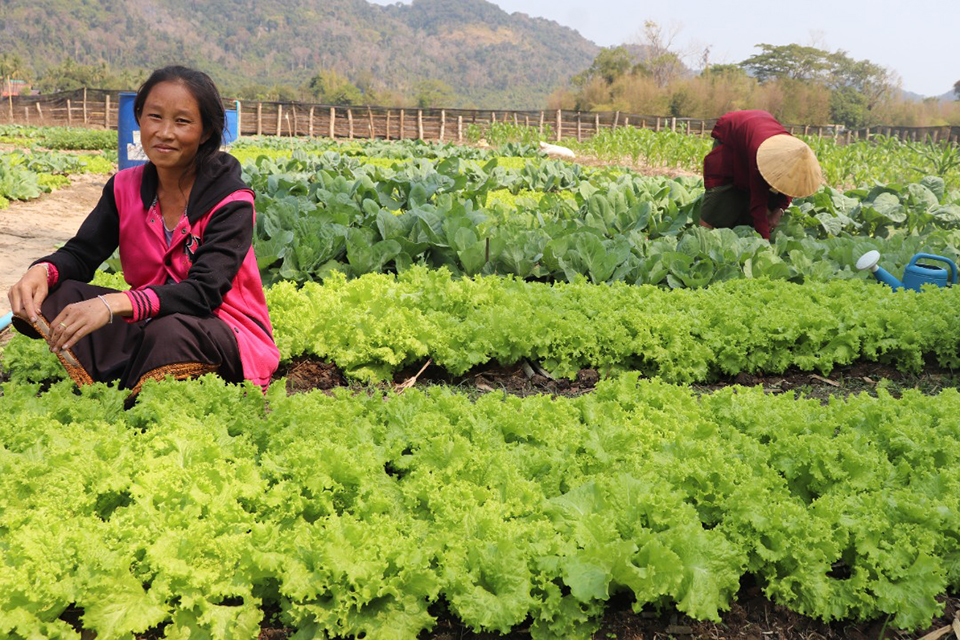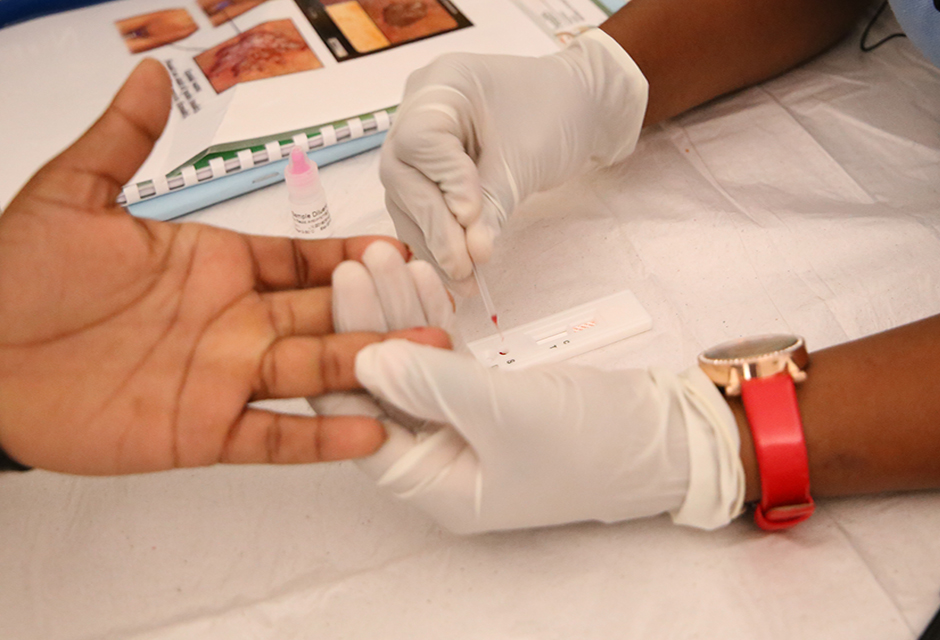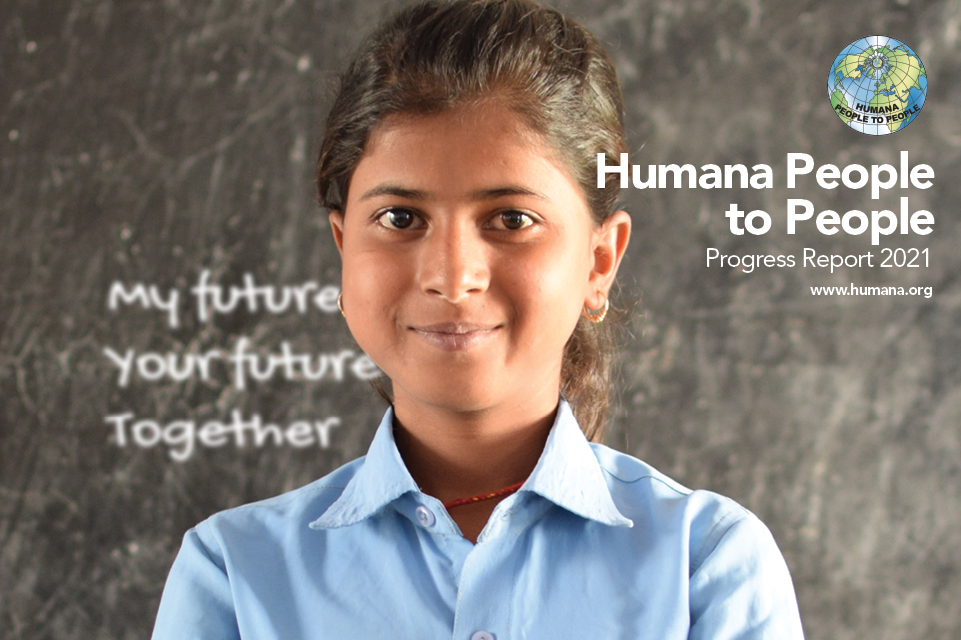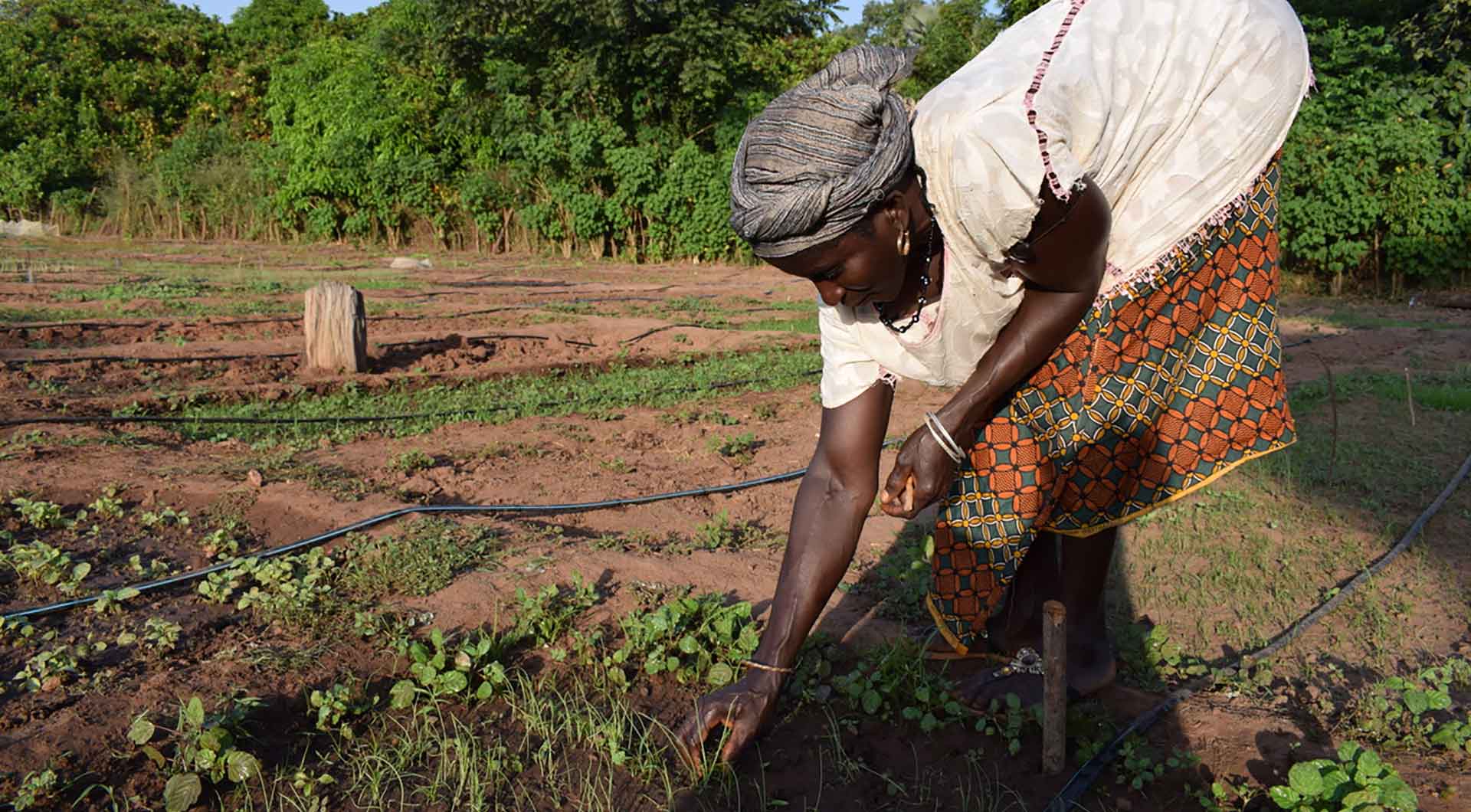
Environment is the foundation and support of human existence and survival. It guarantees sustainable human development thus, the protection of the environment must become a common understanding and development strategy of all countries globally.
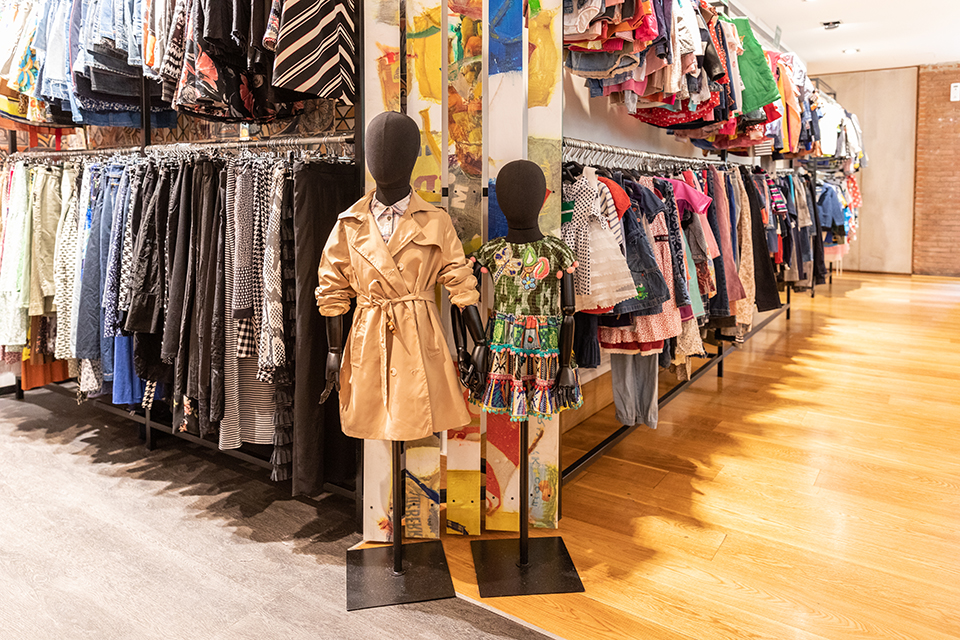
For over 40 years, Humana People to People has saved millions of tonnes of carbon emission through second-hand clothes collection in global north.
It is our firm conviction that promoting the maximum reuse of all suitable clothes is critical, because of the environmental and socio-economic benefits of reuse compared to producing new textiles or, with present technologies, recycling. Through our support of second-hand clothes within the circular economy, we have not only reduced waste and emissions but have also generated critical funding for development projects that tackle poverty and climate change head-on.
Humana People to People has a long-term vested interest in protecting the planet, building communities and supporting people by connecting them with others to transform their lives using life changing sustainable development programmes.
Currently, the United Nations Environment Assembly is meeting in Nairobi, Kenya, from 26 February to 1 March 2024 to discuss how countries can work together to tackle environmental crises like climate change, pollution and loss of biodiversity. The meeting in Nairobi is the sixth session of the United Nations Environment Assembly, and governments, civil society groups, scientists and the private sector are attending.
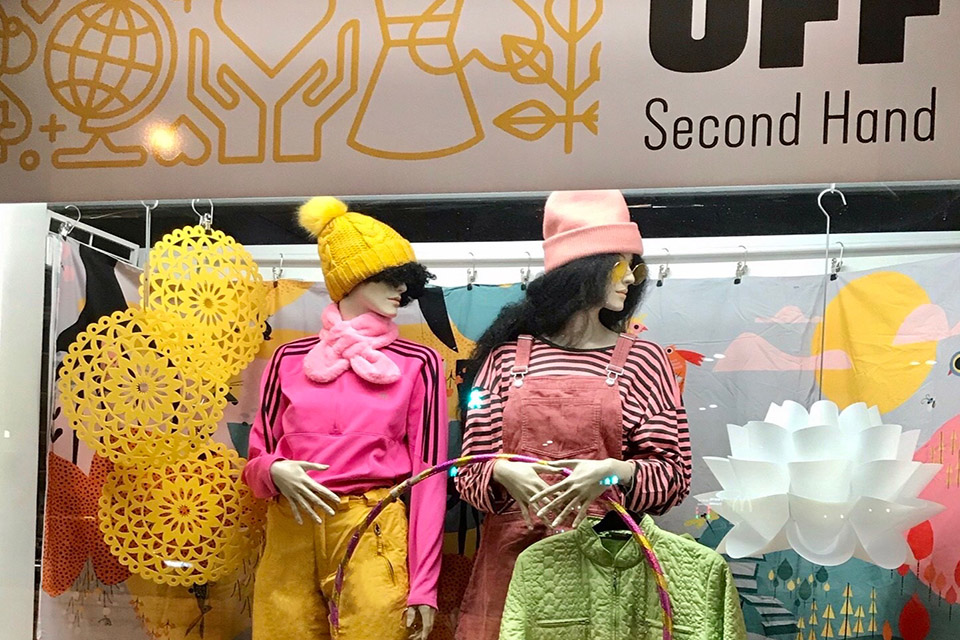
Many activities and discussions around diverse environment protection will be at the centre of the United Nations Environment Assembly deliberations. One of the interesting engagements is on delivering inclusive and sustainable global policy dialogue on textiles. The side event is known as “Connecting the threads”.
At the “Connecting the Threads” side event, being hosted on 29 February 2024, environment ministers from around the world, leaders of intergovernmental organisations, policy influencers, and others will gather with the aim of delivering inclusive and sustainable global policy dialogue on textiles.
This event aligns with our mission at Humana People to People to foster sustainable development and environmental protection.
According to the World Bank 2019, textiles produce 10% of the world’s carbon emissions. It is also the second largest consumer of the world’s water supply. Giving clothes a longer life cycle can help offset some of this negative environmental impact.
Over the last 40 years, through our support of second-hand clothes within the circular economy, we have not only reduced waste and emissions but have also generated critical funding for development projects that tackle poverty and climate change head-on.
In the decade leading up to 2022, our network has saved 8.2 million tonnes of carbon emissions by diverting 1.3 million tonnes of clothes from landfill and incineration, and generated $234 million in development funding.
In 2022, the Humana People to People movement reached 16 million people around the world with projects supporting health, community development, education and sustainable agriculture and climate adaptation. As part of this, we worked with 161,000 smallholder farmers, who are on the frontline of climate change, to become more food secure in the face of changing weather patterns.
Humana People to People greatly anticipate the outcomes of this event and is hopeful that it influences policies positively. Our ambition is to see an effective, inclusive and sustainable second-hand clothes sector globally, as a critical contributor to combating climate change and achieving the 2030 Global Agenda for sustainable development.
